Nigeria has a date with destiny as March 28 and April 11 draw near. These are two significant dates that, on one hand, present Nigerians with an opportunity to strengthen democracy through the ballot.
These dates, on the other hand, are also beaming scaring danger signals. No thanks to politicians who are beating drums of war, stumping across the country, making campaign statements full of fury, with little about issues of concern to most Nigerians. As is typical of Nigerian elections, the tension is thick in the air, so much so that the putrid smell of Armageddon has enveloped the country. Fears are palpable, generating serious concerns among Nigerians and within the international community.
Nigeria has traveled this route before, not once. There are however reasons for genuine and heightened concern this time. The last few years have seen widening cracks along the Nigeria’s well-known fault lines of religion and ethnicity. The security situation, especially in the northeast, has been a huge sore on the reputation of the Africa’s most populous country. The abduction of more than 200 girls from the Borno State community of Chibok nearly one year ago, and the perceived lack of enough effort from the government of President Goodluck Jonathan to ensure they are rescued, are making the prospect of a peaceful poll a tall dream.
President Jonathan has had to take the blame for virtually everything going wrong in Nigeria. Admittedly, there are issues that currently feed this perception. They include the security situation, corruption and poor living standards of most Nigerians. Ordinarily, the buck stops at the desk of the president. The opposition seems to have succeeded in creating the impression that Mr. Jonathan merely wakes up on daily basis and does nothing. But things don’t always seem as they look in Nigeria.
Advertisement
That the president has been doing nothing would not pass the muster of nonpartisan scrutiny. What would be correct is that the president has actually done little to publicize the many things he has been doing. In the last six years, the government has been confronting more fundamental issues of growth and development with the type of vigor and single-mindedness uncommon in Nigeria.
The Jonathan administration would trump any previous administration in the effort made to tackle the near-complete collapse of infrastructure such as roads, transportation and power supply. The same can be said of employment generation and capacity development. Nigeria’s economy has not only survived major shake-ups affecting most advanced economies, it has actually also been growing in leaps and bounds, emerging as Africa’s largest.
He has perhaps taken an ingenious route to fighting corruption. He understands the difference between the symptoms of corruption and the underlying causes. While many had expected a frontal attack at the symptoms through demonstrative — even if unlawful — actions by deploying anti-corruption forces in a frenzy of mass arrests, media trials and public sentencing of suspects, Mr. Jonathan has chosen to allow the justice system the space to work.
Advertisement
He hasn’t stopped at that. He is, with the skill of a surgeon, identifying the underlying causes of corruption and taking them out one after the other. This is what he did with a fertilizer distribution scam, which had hampered food production and diversification effort for decades. Perhaps, he did not make enough noise on this, but the result of his approach is loud enough for the thousands of Nigerian farmers who now have easy access to fertilizer, completely eliminating the meddlesome middlemen. The action is equally loud enough for the vested interests to fight back and join the now-profitable president-bashing choir.
The security challenge is a bit more complicated. Mr. Jonathan’s emergence represented a paradigm shift in the Nigerian political arrangement. He was the first person with no strong political background or affiliation, and from a minority tribe to become a democratic president in Nigeria. He had not benefited from any of the important pillars of power such as the support of a major ethnic group. The template for success in the Nigerian environment requires much more than the timing of response to a security situation, such as the Chibok abduction saga. It requires the willingness of the players within the affected area to put the safety of lives and protection of properties of the people ahead of their own immediate political advantage. It is not going to be easy trimming the hair of someone who continues to run. It could take time to either catch up with him or get him to willingly agree to the need to solve a problem. The ability to keep calm rather than adopt a knee-jerk and high-handed approach in the face of treachery and impunity is a great asset the president is endowed with. This, as the opposition is wont to do, can also be mistaken for weakness or incompetence.
Mr. Jonathan’s civilized approach to tackling issues is built around the need to ensure social justice, equity and the rule of law. This should, ordinarily, be worthy of global acknowledgment and commendation. But the concerted noise from the opposition camp and the penchant of some international observers to rush to judgment without taking full account of peculiarities of an environment are a bit deafening and blinding to the reality on ground.
As elections are getting closer, the president is faced with the facts that Nigerians are in a hurry. They’ve waited for too long. This is a situation that is being exploited by opposition leaders, who have been calling for mob actions as against the rule of law. Mr. Jonathan has equally shown that he understands that Nigerians are expecting a leader with a magic wand, who could with a snap somewhere, turn age-long and deeply rooted social decay into an instant state of bliss. But the magic wand could actually be a possibility if current efforts are allowed another four years to take root, grow and bear fruits.
Advertisement
Reed is president of the Black Press Foundation.
Source: The Washington Times
4 comments

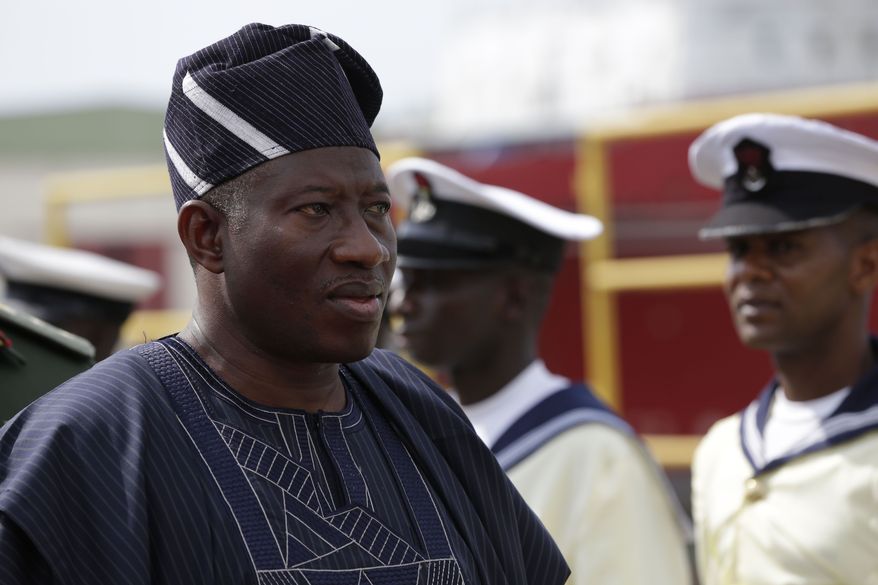
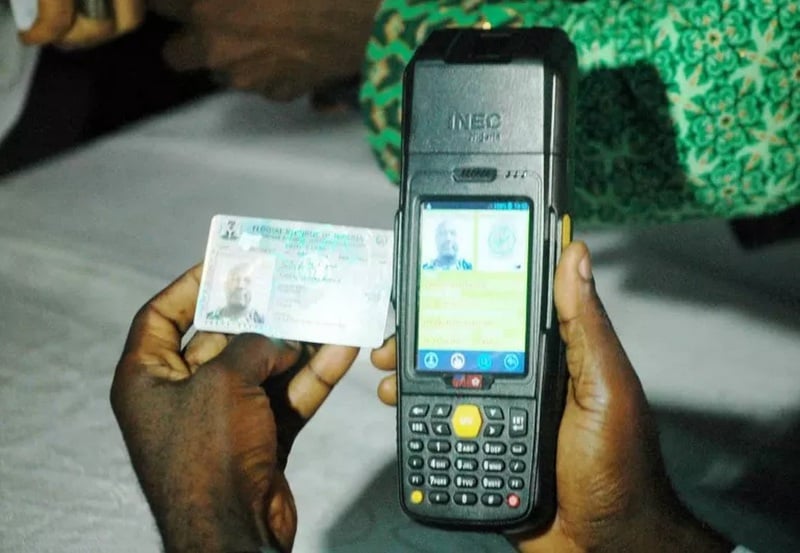
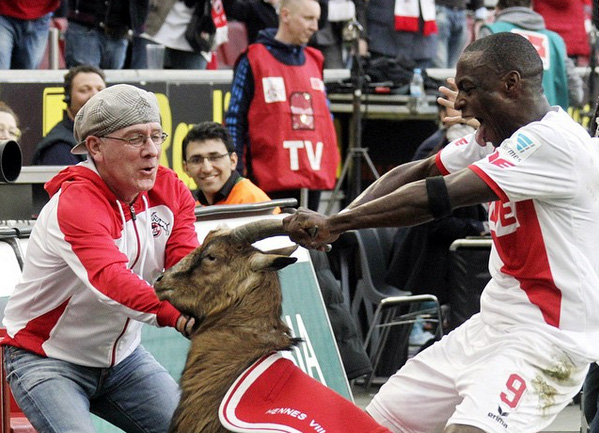
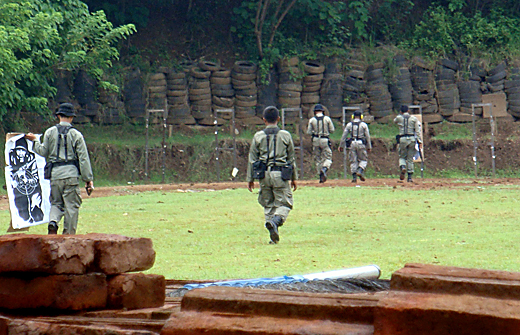
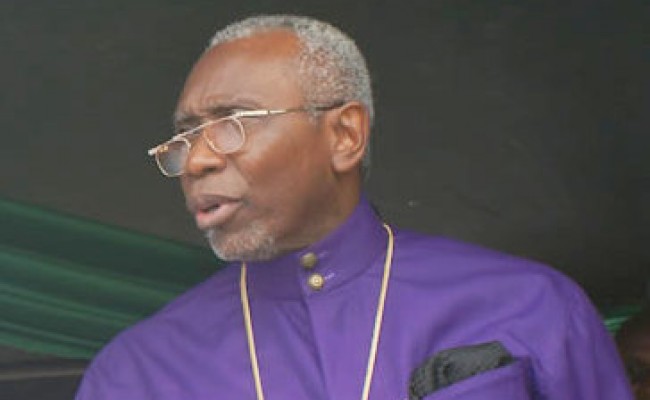
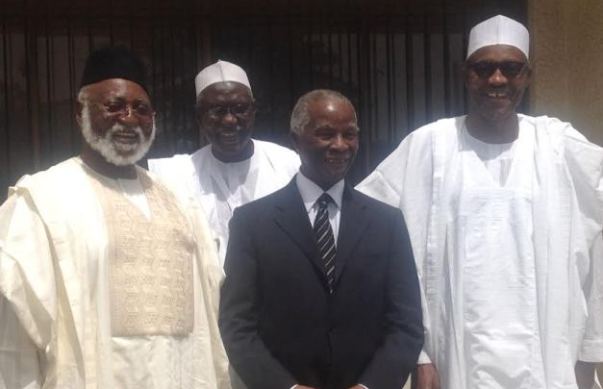
This foreign journalist who lives abroad cannot know Nigeria better than we locals that are here. That editorial of The Economist of London that endorsed Buhari was very sober, sound and true.
Because the Economist Magazine Editor “endorsed” Buhari, who he described as a “jackboot dictator with plenty of blood on his hands”, he is very knowledgeable about NIGERIA and also sober , sound and true? Please read the article again and also read the Econimist magazine “endorsement” again. Will the British editor if the Economist magazine, endorse a Buhari fir any Western European country or the USA in preference tona democratic but suboptimal Goodluck Jonathan? You know the answer is a capital NO!!! But for the Western world, democracy should be alien to these savage Africans.
It is the instant gratification and magic wand mentality to life that people like you are obsessed with ,that has a potential to ruin the future of NIGERIA. Intellectual depth is very shallow and people want wealth without work, like the alchemists of yore;and we know how the alchemists ended up.
Mr William Reed has really hit the nail on the head on the Nigerian condition. If President Jonathan is guilty of any mistake in this matter, it is his and the PDP’s lacklustre marketing of their achievements, which are indeed legion, thereby allowing a discredited opposition to steal their thunder. However, the tide has changed and Nigerians are now more aware of these achievements and the “stampede” and the “shock and awe ” strategy of the APC in alliance with the INEC,,designed to “chance” the nation into a political choice that will only lead to the road to perdition. This very important article from a dispassionate African American is the antidote to the current hysteria by a section of the Western and local media to stampede the best President that NIGERIA has ever had, out of his constitutionally allowed second term, which they all know and fear that he will use to transform NIGERIA irreversibly. Thanks mercy that recent events have outed them all. Now, it’s Goodluck to us all!!!
The man spoke the minds of a vast and silent majority of Nigerians all over who will come March 28, let the noisy Internet lot know their true impression of Jonathan.We know the man has quietly done a lot without making Noise about them.He deserves a second term to finish some of his good works
Hello Mr Writer, please stop given us excuses on behalf of GEJ. Nigerians should have the right to elect whoever they deem fit.Here is a man who has been president for 6years yet with no much to show for it. objective assessment of any leader is by weighing his goods and bads and when the bads outweigh the goods, the person should be ready to be judged harshly by the masses. That is the spirit of democracy everywhere in the world. Your arguments wont change anything, we have already made up our mind.